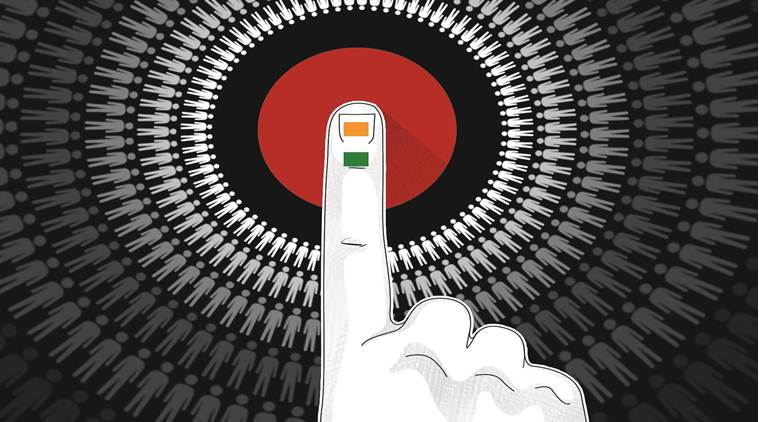National security will compete with unemployment, farm distress as a critical election issue
The size of the middle class, timing of the current India-Pakistan clashes, and the nature of the regime in Delhi will shape the narrative in days to come.

Can India-Pakistan tensions alter India’s election scenarios? Let us begin with the existing knowledge about the determinants of electoral behaviour. A distinction between mass politics and elite politics is relevant here. Historically, national security has been a matter of grave contestation in elite politics, but it has never inspired great passion in mass politics. The primary drivers of India’s mass politics have been religion and caste on the one hand, and prices and poverty on the other.
India’s countryside, where 65 per cent of the nation still lives, is the largest theatre of mass politics. Rural politics has generally been driven by caste (more so than religion), or when the rural economy runs into an abyss, by agrarian unrest. National security might grab the attention of TV channels and newspapers, but its reach rarely spreads beyond the urban middle classes. Security scholar Ashley Tellis has famously argued that India has always viewed itself as a developmental state, hoping the problem of national security would disappear. It does not. Yet, popular energies never focus on national security. According to this reasoning, until India is significantly more urban and considerably richer, national security will be irrelevant in electoral politics.
Does this argument still hold? There are three reasons to doubt its continuing validity: The size of the middle class, the timing of the current clashes, and the nature of the regime in Delhi.
Larger than ever, the middle class constitutes at least a third of the nation today. An estimated 41 per cent of the population is also, by now, online. While the tremors of Kandahar (1999) could not travel far and wide, and Mumbai (2008) did not penetrate the consciousness of the rural electorate, the current national security discourse has a much wider ambit. The urban population is also rapidly growing. Even if villages were to remain largely unaffected by national security issues, the urban vote, on the margin, could be decisive. Recall what happened in Gujarat in December 2017. The Congress won the rural seats convincingly, but it lost in the state as a whole because the BJP’s stellar urban performance — added to its second-place rural showing — placed it ahead. Margins may now matter more than the averages.
Also qualitatively different is the timing of the new tensions. Virtually all great past episodes of national security were distant from the national elections. The India-China war of 1962 broke out months after the third general election, the 1965 Indo-Pak war preceded the fourth general election by two years, the 1971 war against Pakistan came several months after the fifth general election, the Kandahar crisis erupted after the 1999 parliamentary elections, the 2001 attack on India’s parliament was out of sync with the election cycle and the Mumbai attacks took place five months before the 2009 elections.
Though different from the current conflict, Kargil was similar to it in terms of timing. The conflict flared up two-to-three months before the 1999 general elections. But recall how small the urban middle class was in 1999, and also how minuscule the cell phone and internet penetration was. Besides, Bill Clinton’s decisive intervention ended the conflict in early July; it did not last till the election. Any more retaliation and counter-retaliation will bring the current conflict remarkably close to the election cycle. That is why Pulwama and Balakot are more electorally significant than the earlier security episodes.










.png)




























No hay comentarios:
Publicar un comentario